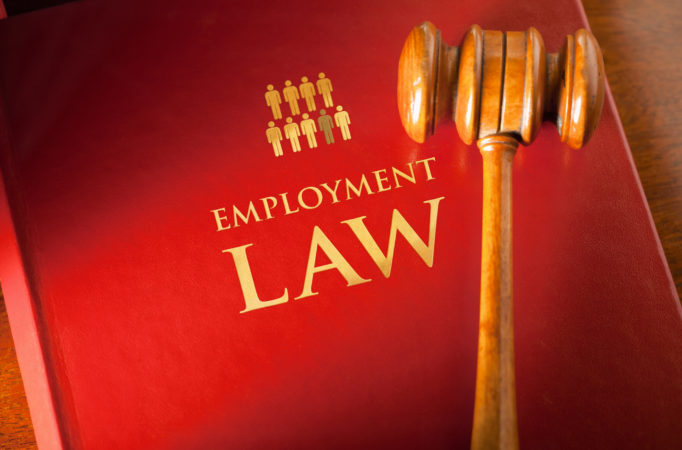Employment & Labor Law
President of Contracting Company Has No Individual Liability Under CASPA
The Superior Court recently affirmed a trial court grant of summary judgment in favor of an individual president/owner of a company, finding that an individual officer has no liability for payments to a general contractor for work performed under a contract between the general contractor and the developer pursuant to the Pennsylvania Contractor and Subcontractor Payment Act (“CASPA”).
In Scungio Borst & Assocs. v. 710 Shurs Lane Dvlps., No. 2493 EDA 2012 (Pa. Super. 2014), http://caselaw.findlaw.com/pa-superior-court/1684635.html four members of a seven judge panel of the Superior Court held that the 50% owner/president of the company developing a project had no individual liability under CASPA to the general contractor for unpaid work. A majority of the panel made this finding even though the individual signed the contract between the parties, individually orally authorized additional work, functioned as the corporate decision maker for the developer and was the person with whom the general contractor exclusively dealt.
The developer entered into a construction contract with Scungio Borst & Associates (“SBA”) to perform work on the project. SBA began work and while on the job received several oral change orders from the developer, through its president, to complete almost $2 million worth of additional work. Eventually the developer stopped making payments and terminated the contract. SBA brought suit against the developer as well as against its president individually, to collect approximately $1.5 million in unpaid invoices and sought remedies under CASPA. SBA asserted that the definition of “owner” in CASPA included “agents” of the owner, thereby subjecting the president/50% owner of the developer with whom they dealt to individual liability.
The Superior Court held that CASPA did not supplant traditional breach of contract remedies, but merely added remedies available to contractors and subcontractors. The court stated that liability lay against contracting parties only. Because the parties to the contract at issue were only the developer and SBA, and not the developer’s individual owners or officers, summary judgment dismissing SBA’s claims against those individuals was proper.
It is noteworthy that three of the seven judges of the panel dissented and found SBA’s argument based on CASPA’s definition of “owner” to be compelling.
About Us
Claims and suits brought against employers by employees are a large part of the cases being handled by the Employment lawyers at Houston Harbaugh. We focus on assisting and counseling our clients to be positioned to avoid claims, and if the claims are brought, to be prepared to defend against them.

Craig M. Brooks - Practice Chair
An employment and labor attorney, Craig primarily represents management, providing advice on how to handle employee issues and actions, as well as defending or pursuing claims in court and before government agencies on matters.
An employment and labor attorney, Craig primarily represents management, providing advice on how to handle employee issues and actions, as well as defending or pursuing claims in court and before government agencies on matters including:
- Employment discrimination claims
- Wage and hour matters
- Sexual and other harassment investigations and claims
- Family and Medical Leave Act
- Wrongful discharge
- Labor/Union matters
- Restrictive covenants
- Affirmative action programs
- Defamation
- Privacy
Craig also represents individuals with advice and pursuing claims arising out of their employment.

